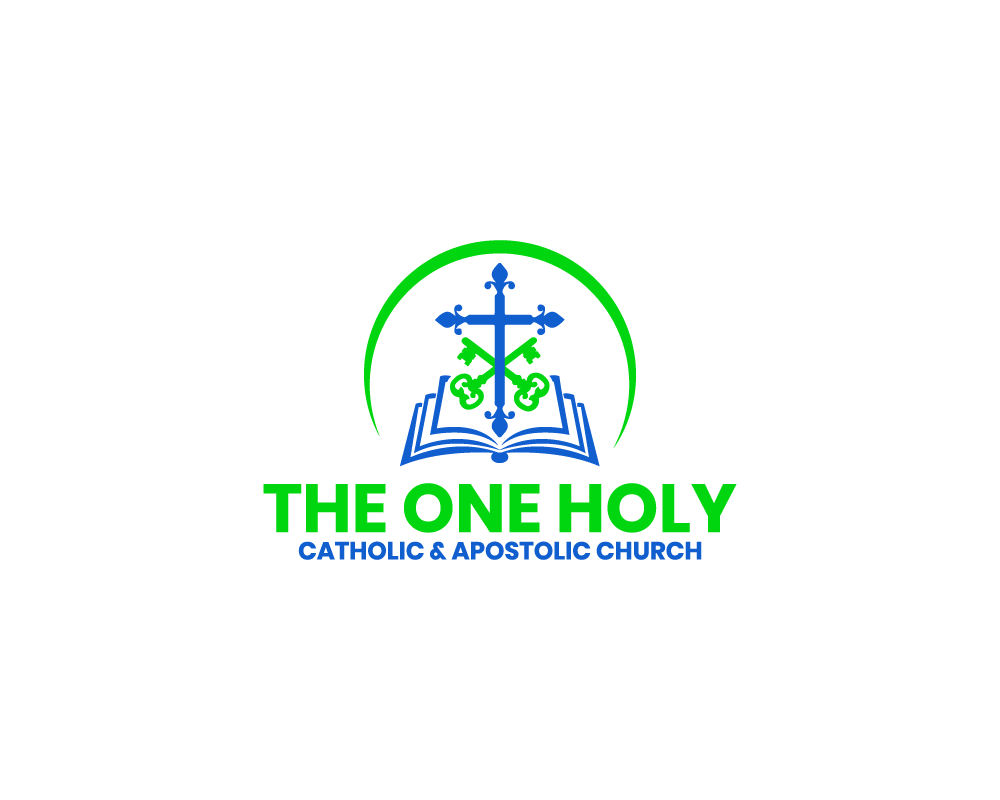The Power of Silence in Theology
In the realm of theology, the absence of words holds great significance. Defining God is impossible, and true theology finds its expression in silence. Icons of Saint John the Evangelist depict him with sealed lips, highlighting the mystery and importance of silence within Orthodox theology.
Origins of Apophaticism
Apophaticism, associated with Saint Dionysius the Areopagite, has its roots in Scripture and was developed further by the Cappadocian Fathers in the fourth century. This mystical form of theology emphasizes that true knowledge and vision of God lie beyond human comprehension, in the invisible and the darkness.
Transcendence and Immanence
Through the apophatic approach, Orthodox theology affirms both the absolute transcendence and abiding immanence of God. As the human intellect ascends towards God, it undergoes a process of elimination, shedding all forms of idolatry. The ontological gap between created and Creator humbles the student of theology and highlights the limitations of the human intellect.
Negative Theology: Beyond Intellectual Approaches
Negative theology is not merely an intellectual method but a form of divine “ignorance.” Even the doctrines of the Church do not define the fullness of truth, serving as pointers rather than exhaustive explanations. Theology surpasses formulation and definition, finding its true essence in personal encounters and a loving relationship with God through prayer.
Embracing Mystery and Encounter
The Church Fathers, as heralds of theology, offer a perspective rooted in personal experience of communion with God. Negative theology, as the only way to God, embraces mystery and encounter. It is a continuous journey of love and longing, reaching out for the ineffable and unattainable.
Liberating Language in Theology
The Fathers of the Church found freedom and liberation through the apophatic attitude. This mindset allowed them to use philosophical terms without the fear of being misunderstood or falling into a “theology of concepts.” It provided a unique approach to expressing theological ideas.
Beyond Emptiness: The Unknowable God
Contrary to leading to emptiness, the apophatic way reveals a profound understanding of the unknowable God. The God of Christians is not impersonal like the God of philosophers. Instead, the apophatic tradition recognizes the Holy Trinity as “superessential, more than divine, and more than good.” This perspective leads to a journey towards encountering a presence and fullness beyond measure.
Commending Ourselves to the Mystical Theology
The author of the Mystical Theology commends themselves to the Holy Trinity as they embark on the path of apophaticism. This path promises a deep connection and an abundance that surpasses what can be comprehended. It is an invitation to experience the boundless nature of divinity.


